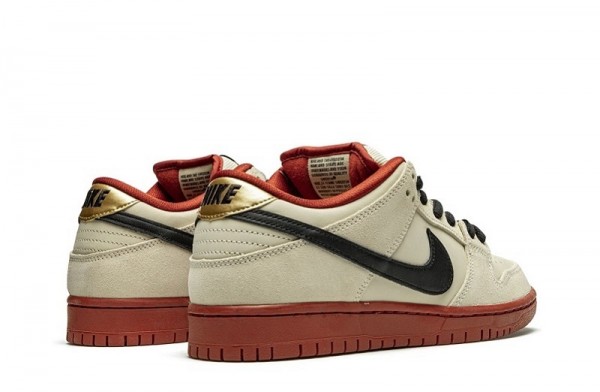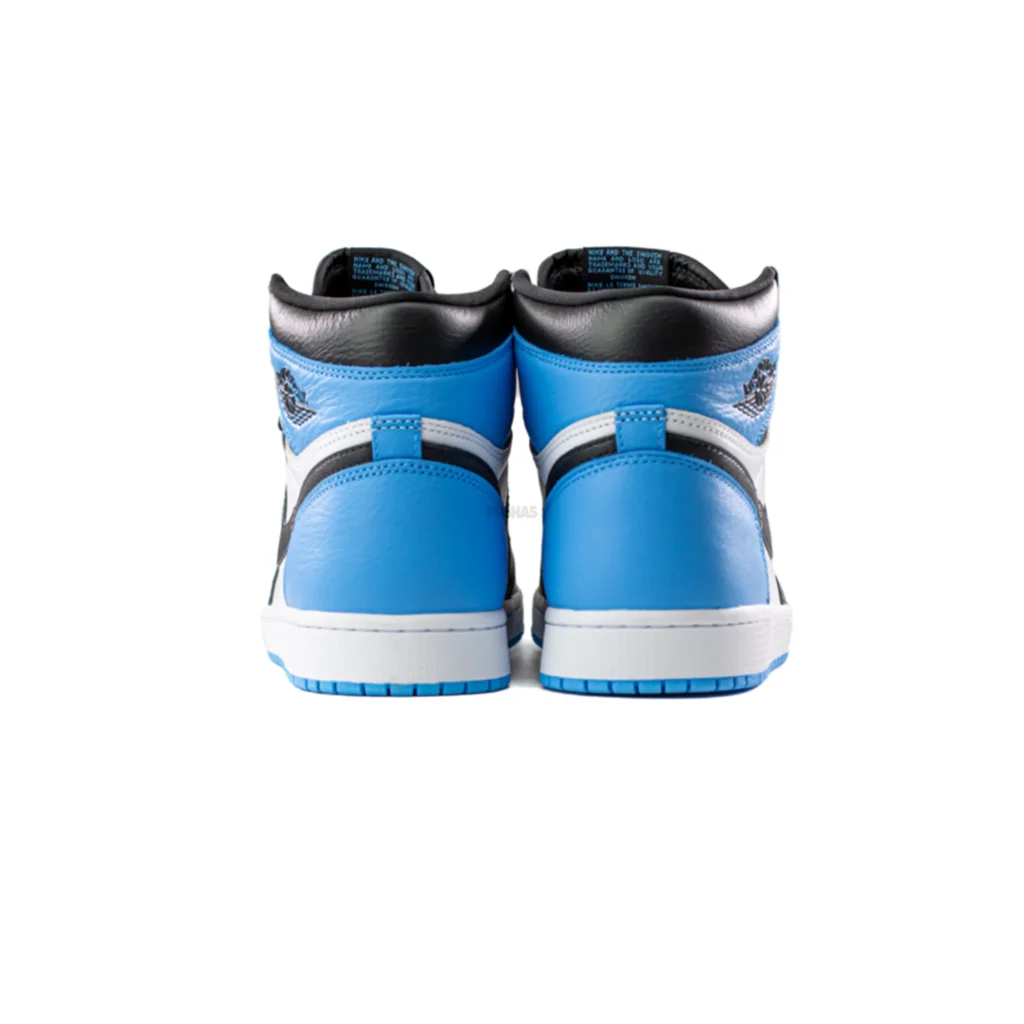Replica sneakers, commonly known as “sneaker reps,” are imitation versions of popular branded shoes designed to mimic the style and design of originals. These replicas often target high-demand models like Air Jordans, Yeezys, or Nike Dunks and are sold at significantly lower prices. At the same time, they may seem like an affordable alternative, but the legalities surrounding them are complex and vary depending on how they’re used.
Are Replica Shoes Illegal?
The production and sale of replica shoes are generally illegal in most countries. Here’s why:
1. Trademark Infringement
Replica shoes copy logos, patterns, and designs protected by trademarks and intellectual property laws. Selling or distributing them violates the rights of brands like Nike and Adidas.
2. Buying Reps for Personal Use
While manufacturing and selling replicas are typically illegal, buying them for personal use is often treated differently. However, importing counterfeit goods might still breach customs regulations, leading to fines or seizure of the products.
3. Selling as Authentic
Reselling replicas as authentic sneakers is outright illegal and can result in severe consequences, including legal action and heavy penalties. Platforms like StockX and GOAT enforce strict policies to prevent counterfeit sales.
Should You Avoid Sneaker Reps?
Beyond legality, fake sneakers often fail to meet genuine pairs’ quality and ethical standards. Supporting replicas undermines original brands’ innovation and craftsmanship while funding unregulated industries. Opting for authentic or budget-friendly alternatives ensures you get quality and contribute to ethical practices in the fashion industry.
The Truth About Sneaker Reps: Are They Worth the Risk?
Sneakerreps, or replica shoes, are designed to replicate the appearance of high-demand sneakers at a fraction of the cost. For many, the temptation of owning a pair that looks like exclusive Jordans or Dunks without paying resale prices is hard to resist. However, the reality of buying reps extends beyond affordability. Legal risks, ethical concerns, and quality issues all come into play, making it crucial to understand the broader implications of supporting the replica sneaker market.
Legal Implications of Sneaker Reps
The legality of replica sneakers varies depending on the jurisdiction and how they are used. Let’s take a closer look at the critical legal aspects:
1. Trademark and Intellectual Property Laws
Branded sneakers like Nike Dunks or Yeezys are protected under trademark and intellectual property laws. These laws cover logos, unique designs, and even packaging elements. Replica sneakers intentionally copy these features, which constitutes trademark infringement. For manufacturers and sellers, this is a clear violation of the law.
2. Buying Replicas for Personal Use
In some regions, purchasing replica sneakers for personal use is not strictly illegal. However, importing counterfeit goods can still violate customs regulations. Some countries have strict policies where customs agents can confiscate replica products upon detection, leaving buyers without their purchase and potentially subject to fines.
3. Selling and Reselling Replica Sneakers
Reselling fake sneakers is a severe legal offense, particularly when misrepresented as authentic. Sellers face lawsuits, criminal charges, and substantial fines. For buyers, purchasing from untrustworthy platforms can lead to the unintentional acquisition of fake goods, further complicating matters if they decide to resell the shoes.
Ethical Concerns: The Hidden Cost of Replicas
The ethical implications of buying reps go beyond legality. Here’s why it matters:
1. Undermining Original Brands
Brands like Nike, Adidas, and New Balance invest millions of dollars in research, innovation, and quality control to create authentic products. Purchasing replicas diverts revenue from these companies, reducing their ability to fund future designs and developments.
2. Labor and Manufacturing Practices
Replica factories operate in unregulated environments, often cutting corners to reduce costs. This lack of oversight can lead to exploitative labor conditions, including unsafe environments and unfair wages for workers. Supporting such industries perpetuates unethical practices.
3. Diluting Sneaker Culture
Sneaker culture revolves around the passion for authenticity, exclusivity, and storytelling. Replicas dilute the value of original designs, making it harder for genuine enthusiasts to celebrate the craftsmanship and history of their favorite pairs.
Quality and Longevity of Replica Sneakers
While replica sneakers may look similar to their authentic counterparts, their quality often leaves much to be desired.
1. Inferior Materials
Reps are typically made with cheaper materials to cut costs, resulting in shoes that feel less comfortable and wear out faster. Leather substitutes, subpar stitching, and weak adhesives are common issues with fake sneakers.
2. Lack of Performance Features
Authentic sneakers are designed for performance, whether for basketball, running, or skateboarding. Replica shoes often skip these technical features, sacrificing functionality for aesthetics.
3. Cost vs. Value
While reps may be inexpensive upfront, their short lifespan means you’ll likely replace them sooner. Investing in an authentic pair or a budget-friendly alternative from a trusted brand often provides better long-term value.
Avoiding Replicas: A Smarter Approach
To steer clear of replica sneakers and ensure you’re purchasing authentic products, follow these tips:
- Buy Directly From Brands or Authorized Retailers
Shopping directly from Nike, Adidas, or other reputable sources ensures authenticity. If shopping online, verify that the website is legitimate and not a counterfeit operation. - Check for Authentication Services
Platforms like StockX, GOAT, and eBay offer authentication processes to guarantee that the sneakers you buy are genuine. Look for these features before making a purchase. - Learn to Spot Fakes
Educate yourself on the details of authentic sneakers, including stitching, logos, and packaging. Many guides online provide side-by-side comparisons to help buyers identify counterfeit products.
Conclusion: Are Reps Worth the Risk?
While sneaker reps may offer a cheaper way to wear trendy designs, they come with significant risks. From legal issues and ethical concerns to quality shortcomings, rep often fails to deliver the actual value of authentic sneakers; for those who love and appreciate sneaker culture, owning authentic pairs represents pride, passion, and a commitment to supporting innovation and craftsmanship.
Investing in genuine products ensures better quality and performance and supports the brands that drive the industry forward. Whether you’re a sneakerhead or a casual buyer, authenticity is always worth it.



